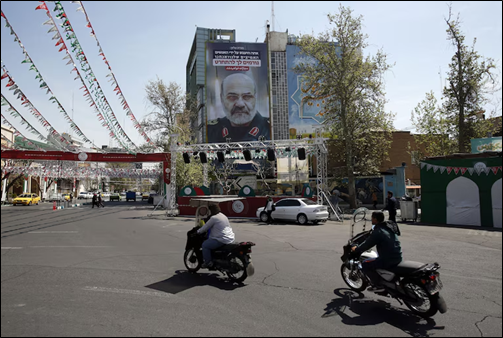Academy SITREP – Iran Prepares to Retaliate for Israeli Strike in Damascus
April 6, 2024

What has Happened: In our last SITREP, we addressed the April 1st Israeli strike on the Iranian diplomatic facility in Damascus that killed Mohammad Reza Zahedi, a senior commander of the Quds Force in the Iranian Revolutionary Guard Corps (IRGC). At the funeral on Friday, the IRGC commander General Hossein Salami said that Israel “cannot escape the consequences” of assassinating Iranian military officers. While the U.S. has denied any involvement in (or even prior knowledge of) the Damascus strike, it has picked up intelligence that Iran is planning a retaliatory attack in the next week that could include drones/cruise missiles. ... Academy SITREP – Iran Prepares to Retaliate for Israeli Strike in Damascus


